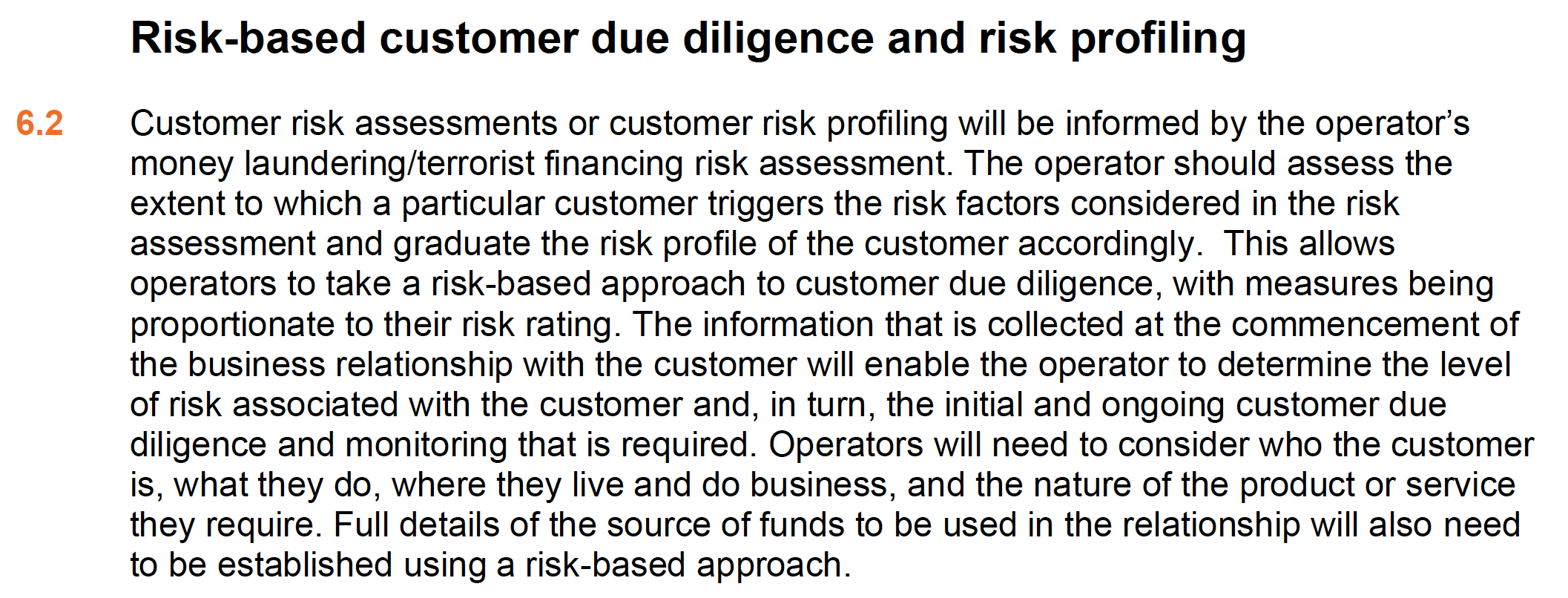With particular thanks to Banque Saudi Fransi, First Abu Dhabi Bank, Jingle Pay, Rise, Xpence, and Ziina.
Although the FinTech sector in the GCC has developed significantly in recent years, it is still relatively underdeveloped in global terms and has huge potential for future growth. One major obstacle often cited by FinTech start-ups is the difficulty of establishing partnerships with incumbent banks. These are essential since FinTechs generally operate under a bank’s licence rather than obtain their own, and rely on the banks’ payment rails.
However, banks in the GCC are often reluctant to onboard FinTech partners, for both commercial and compliance reasons. Many are creating their own digital product offerings and see FinTechs as competition. However, another major issue is the banks’ worry around the financial crime risks posed by customer-facing FinTechs. In a region already recognised by external parties as high-risk, and facing numerous financial crime threats from money laundering and terrorist financing to sanctions evasion, many banks are reluctant to take on new high-risk business and consider FinTechs to be outside their risk appetite.
While financial crime considerations are clearly relevant in every region, an additional complication in the GCC is the fact regional banks are concerned about their correspondent banking partnerships, which enable them to transact in foreign currencies. Widespread derisking has caused many global banks to cut ties with their Middle Eastern counterparts, meaning regional banks can’t endanger their remaining partnerships by taking on new business their partners will deem high-risk. Effectively, regional banks can’t define their own risk appetite and have to follow that of their international partners.
As well as correspondent banking partners, regional banks must also satisfy increasingly strict local regulators. The introduction of more rigorous regulations and enforcement by GCC regulators to meet international expectations has resulted in significant de-risking within the GCC itself, with banks terminating relationships rather than accepting and managing the associated risks. In this environment, signing up new, high-risk FinTech businesses is a tough sell.
However, there are clearly major benefits for both banks and FinTech start-ups to successfully form partnerships with the right counterparts. The key is for the banks to be comfortable with the FinTechs’ compliance frameworks and controls, and to be able to convince their correspondent partners and local regulators that they have suitable systems in place for assessing and managing the risks associated with these partnerships.
So in practical terms, what do regional banks and FinTechs need to do? FINTRAIL has looked in a previous blog at FinTech-bank partnerships in the US, and some key ways the two parties can ensure a successful partnership by aligning risk appetites, expectations, and operating practices. Many of the key takeaways, such as the need for clear roles and responsibilities, a documented escalation process, and regular communication, are clearly of global relevance and just as important for GCC firms as those elsewhere in the world.
In addition, to address the specific challenges in the GCC, regional banks should ensure they can demonstrate the following:
A clearly defined risk appetite for FinTech partnerships and the type of business and levels of associated risks the bank is happy to accept
Tailored onboarding and customer risk assessment processes for FinTechs, to ensure the bank fully understands the risks of each relationship and manages them accordingly, with the appropriate level of due diligence
Special due diligence controls designed for FinTechs, such as nuanced AML questionnaires, onsite visits, and bespoke transaction monitoring, to give the bank insight into its partner’s compliance controls and activity
Regional banks should also seek to educate their correspondent partners on the local regulatory environment, such as FinTech licensing requirements and local KYC regulations, to help them better understand the true nature of the underlying customers. This could help dispel misconceptions about the level of risk posed.
Ultimately, there is no doubting the potential of the FinTech sector in the GCC, and the opportunity for all parties to benefit. Regional banks recognise that FinTechs are shaking up the industry and forcing innovation in terms of product offerings and customer service. Digitising their own offerings will only go so far towards meeting this challenge, and partnering with the right start-ups will offer them the chance to benefit themselves from this innovation. Especially given the current economic situation in the region, the prospect of new revenue streams is not easy to dismiss. Banks who can think creatively about how to manage the compliance risks associated with FinTech partnerships and can demonstrate a rigorous programme to their own internal stakeholders and to external partners stand to make tremendous gains.
FINTRAIL has experience working on both sides of the table helping FinTechs and their partner banks manage financial crime risks. We can assist by helping banks determine their risk appetite and design robust onboarding and ongoing monitoring programmes for FinTech partners, and by performing assessments of FinTechs’ financial crime exposure and compliance programmes and controls.
If you’d like to learn more, please contact Maya Braine, MD for Middle East and Africa, or email us at: contact@fintrail.co.uk.







